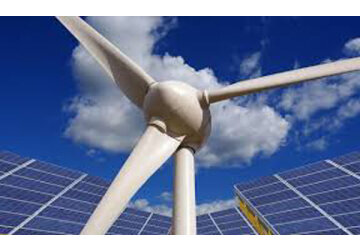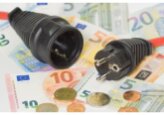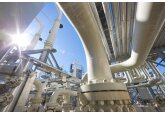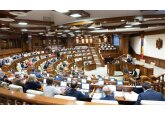
In Moldova, renewable energy sources will be integrated into the heating sector.
The Ministry of Energy reported this, noting that an effective centralized heating system should by 2030 produce more than 75% of heat energy based on cogeneration, that is, electric and heat energy simultaneously, and at least 50% of heat energy should come from renewable energy sources. These are provisions contained in European directives, which Moldova has transposed into national legislation. The Ministry of Energy, together with the International Renewable Energy Agency (IRENA) and the Energy Community Secretariat, organized a workshop to discuss heating solutions for homes and offices in the context of the decarbonization agenda and achieving net-zero climate neutrality by 2050, the deadline proposed by the EU. As noted, heating plants in European countries are already integrating solutions such as waste processing, biomass, biofuel installations, storage of hot water heated by the sun in summer, etc. “And in Moldova, namely in Balti and Chisinau, the first steps are being taken in this direction,” said Energy Minister Viсtor Parliсov, calling on experts from two international organizations to contribute, using the experience and solutions they have in other countries, to help formulate a national vision of how the thermal energy system should be transformed so that it was efficient, environmentally friendly and provided a high level of consumer comfort. Victor Parlicov noted that traditionally more than 40% of all gas imported to Moldova is consumed in district heating systems, but little is said about this sector. “We still have factories that burn gas directly, and this is an inefficient technology. Our main goal is to focus on decarbonization, which in the long term will help us integrate more renewable energy, which will ultimately allow us to reduce costs,” the Energy Minister said. The director of CET Nord, Marian Brinza, spoke about solar collectors and a hot water storage tank (or heat accumulator), which he intends to introduce in Balti. Such a solution would cover about 9% of the required heat load, and in the summer months - up to 90%. He added that the payback period for the investment will be about 4 years. The director of the Energy Community Secretariat, Artur Lorkowski, said that the institution he represents will continue to help Moldova in terms of developing the regulatory framework. But he recalled that decarbonization also implies a commitment by the energy sector to reduce greenhouse gas emissions into the atmosphere. // 10.11.2023 — InfoMarket.







